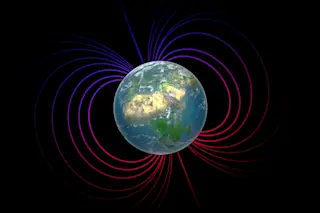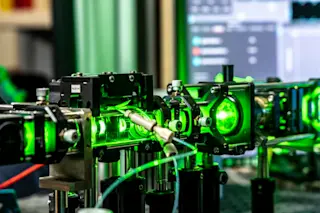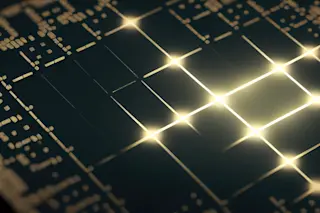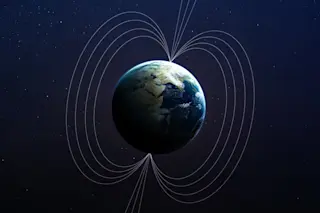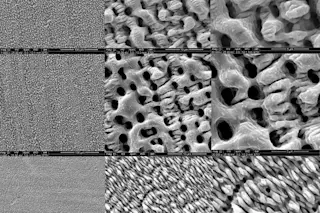Here is one of the best ideas I've heard in a long time - thanks to Matt Searle for passing this on to me! Computers often do the same thing over and over again. Microprocessors have become amazingly fast, but since they are general purpose, they are not as fast as dedicated circuits which just do one operation, but do it blazingly fast. Field-programmable gate arrays (FPGAs) have been used for over two decades for dedicated operations in high-speed electronics, and now Prof. Frank Vahid and his Ph.D. student Roman Lysecky at UC Riverside have married the FPGA to the microprocessor to create "warp speed" computing. The idea, like many great ideas, is simple: when a computer program finds that it is executing the same instructions repeatedly, and these can be done faster in an FPGA, the program automatically moves that code section to an on-board FPGA, which will run ...
Warp Speed Computing
Discover how warp speed computing leverages microprocessors and FPGAs to boost computing efficiency dramatically.
More on Discover
Stay Curious
SubscribeTo The Magazine
Save up to 40% off the cover price when you subscribe to Discover magazine.
Subscribe



